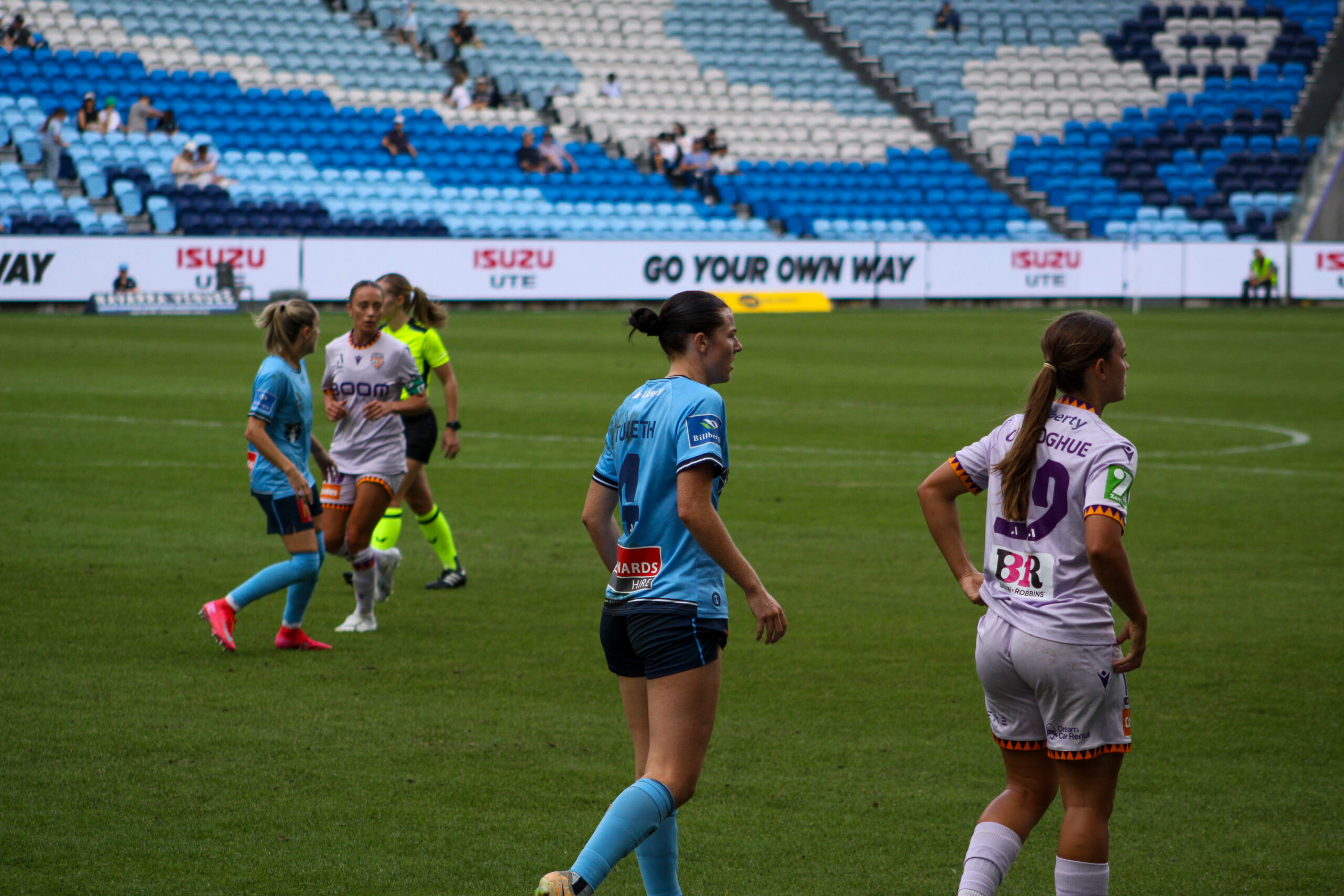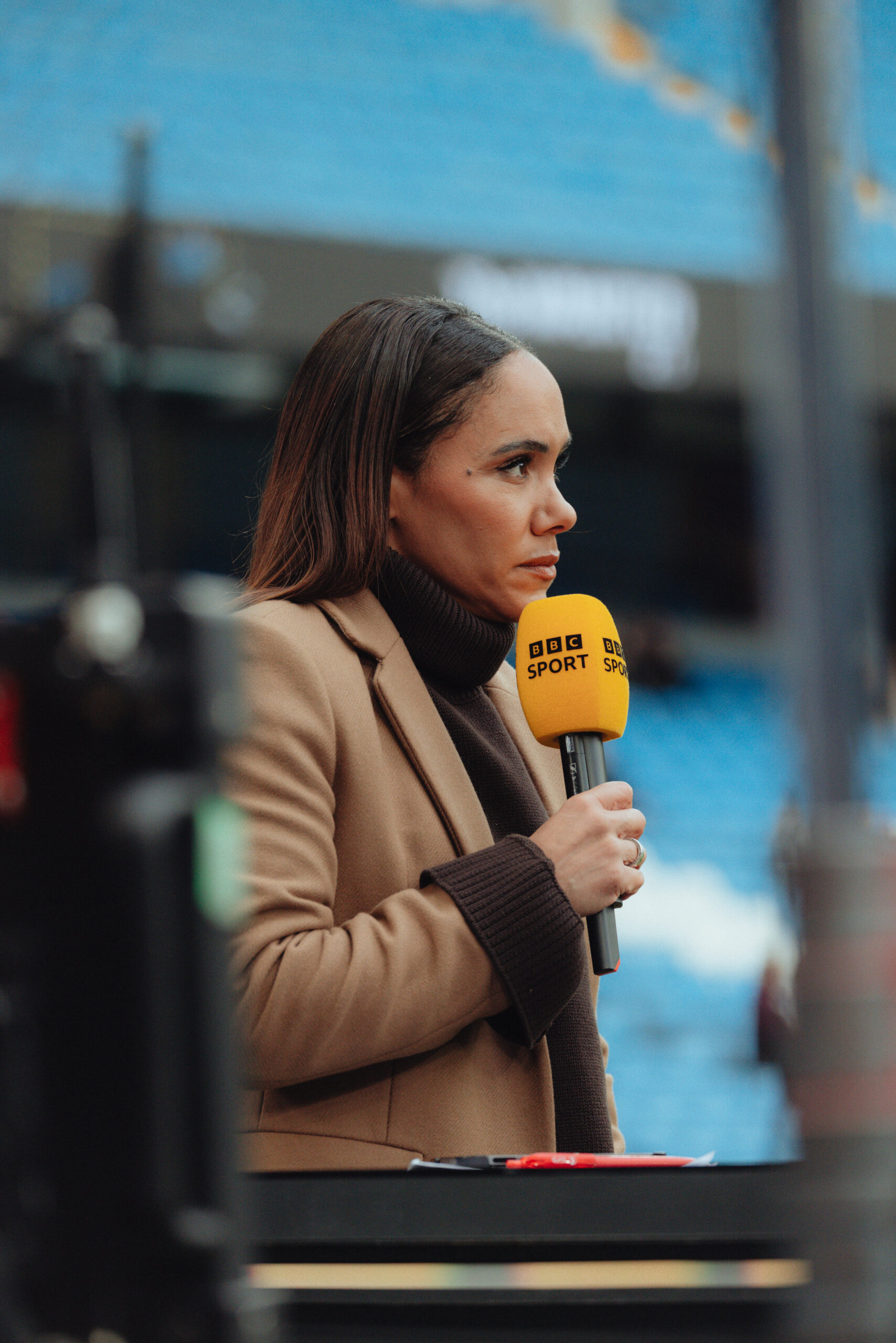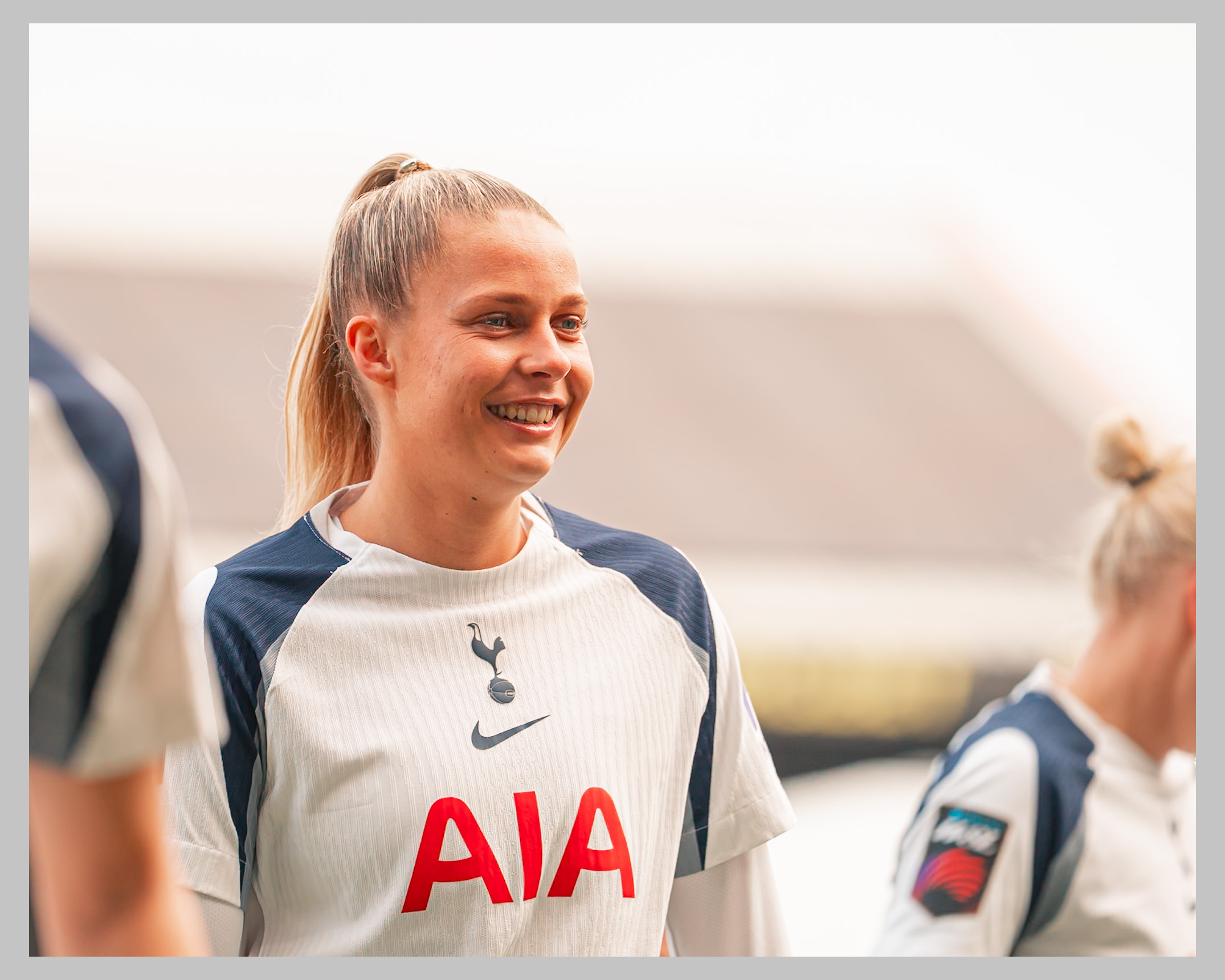From grassroots pitches to the roar of A-League Women’s semi-final crowds, Female Football Week 2025 wrapped up as Australia’s biggest celebration of women’s football yet. But beyond the pink socks and packed-out clinics, it also asked an important question: how do we make this more than just a once-a-year moment?
Now in its 11th year, Female Football Week has become more than just a nod to inclusion. It’s a moment to reflect, recharge, and reconnect with the game’s future. This year, over 130 events took place across the country, from Come and Try days to female referee forums, coaching workshops, and school holiday programs. Clubs ran special sessions, players returned to their junior grounds, and thousands of girls stepped onto the pitch, some for the first time.
Building on the World Cup Legacy
Football Australia declared this year’s campaign the biggest ever, fuelled by the momentum of the 2023 Women’s World Cup and a record-breaking A-League Women season. It ran alongside the ALW semi-finals, where girls fresh from their first clinic could switch on the TV and see players like Emily Gielnik, whose leadership helped steer Melbourne Victory to the grand final, or Holly McNamara, who lit up the park for City in their narrow semi-final exit.
That kind of visibility matters. It turns inspiration into something real, something local. And for younger players, it tells them that this game is theirs too.
Celebrating Strength at Every Level
Female Football Week isn’t just about shining a light on the top tier. It’s about recognising the women and girls who show up every week, from packed stadiums to patchy community fields, and keep building something bigger than themselves.
Across the country, girls are stepping into their first training sessions, teens are earning their refereeing stripes, and volunteers are creating spaces where football is safe, inclusive, and joyful. It’s not perfect, but it’s powerful — proof that grassroots change doesn’t need to be glamorous to be meaningful.
Whether it’s a mum running the canteen, a player training before school, or a young coach finding her voice, Female Football Week is a reminder that every role matters, and every person in the game has the potential to change it for the better.
Honouring Unsung Heroes
This year, Football NSW also spotlighted the people holding women’s football together. These are the coaches, volunteers, referees, and players doing the work behind the scenes.
Lauren Gibson, Volunteer of the Year, is a game-changer at Penrith FC — someone who gets things done without chasing credit.
Sarah McKinley, Coach of the Year from St George FC, builds development-focused, player-first sessions that keep girls coming back.
Lisa Bullivant, from The Entrance FC, took out Player of the Year not just for her technical ability, but for the way she led and uplifted those around her.
Sharon McLachlan, Female Referee of the Year, is known for mentoring young officials and creating a safe, supportive space for girls on the sidelines.
Emma Madden, named Community Champion of the Year, helped grow Charles Sturt FC from almost nothing into a thriving, inclusive club that is now overflowing with interest from girls who finally see a place for themselves.
None of these women are on billboards, but they are the reason football keeps moving forward.
What Happens After the Applause?
With the AFC Women’s Asian Cup 2026 approaching and local interest in the Matildas still sky-high, there is a real opportunity to keep building. But it cannot just be about tournaments and Instagram graphics. If Female Football Week is going to matter long-term, it has to go beyond the celebrations.
The future of women’s football won’t be built in a week. It will be built in committee meetings, carpark training sessions, coaching courses, and early Saturday mornings. In the little decisions that either open doors or quietly close them.
Female Football Week 2025 was a celebration, and a big one. But more than that, it was a spotlight — on how far we have come, and how much further we can still go.
At Beyond the Pitch, we are all about telling the stories that get missed — the ones happening far away from the stadium lights. Female Football Week proves that when we look beyond the surface, women’s football is full of people worth writing about.



